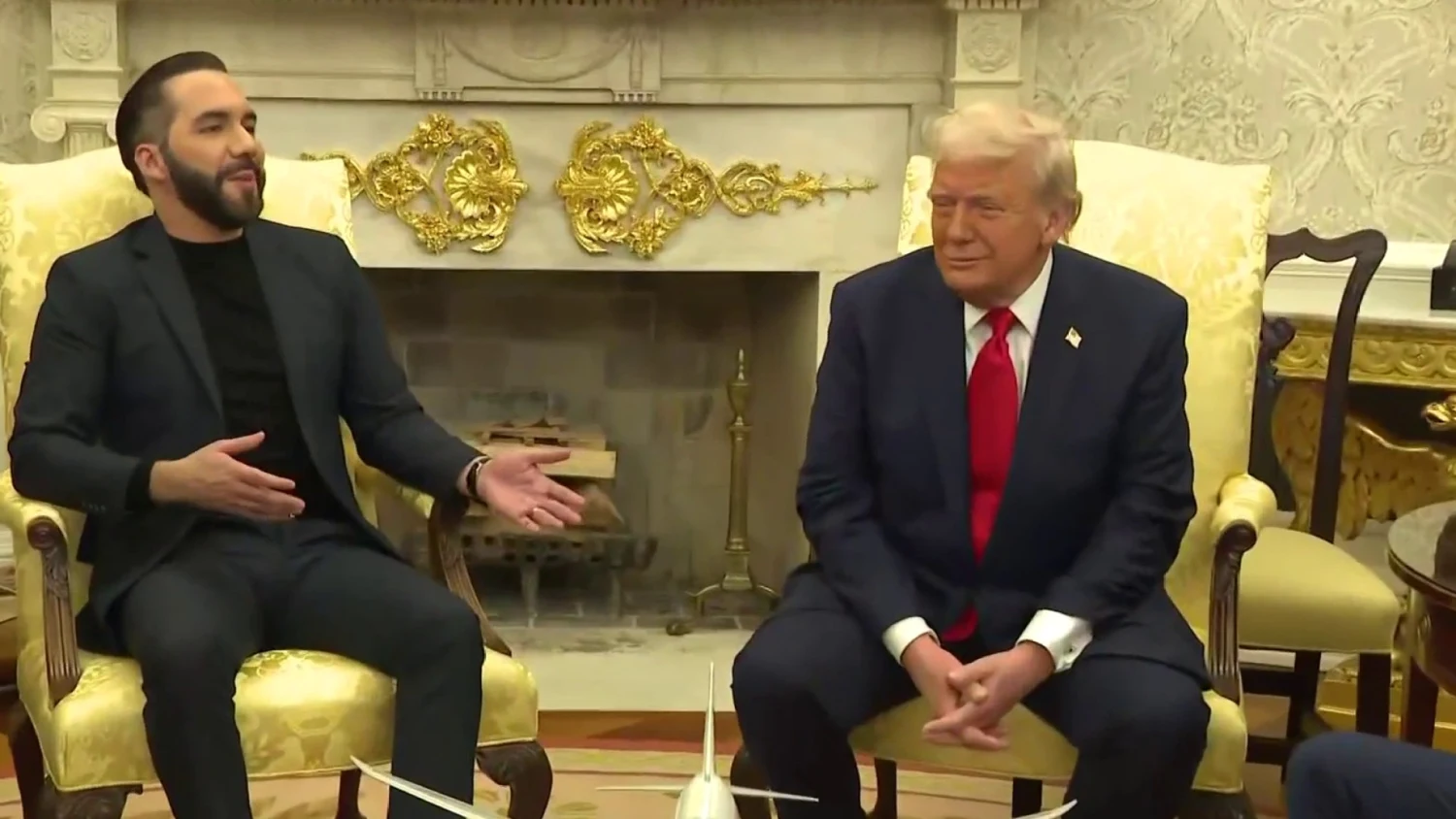In a baffling immigration case that highlights systemic failures in deportation procedures, a Salvadoran man wrongfully expelled from the United States now finds himself stranded in legal limbo—with neither the U.S. nor El Salvador willing to facilitate his return.
A Wrongful Deportation
The man, identified as José Martínez (a pseudonym used for privacy), had been living in the U.S. for over 15 years as a lawful permanent resident. In 2020, he was detained by Immigration and Customs Enforcement (ICE) due to a decades-old misdemeanor conviction that should not have made him deportable under current guidelines. Despite his lawyers’ efforts to halt the process, Martínez was swiftly deported to El Salvador—a country he had left as a child and where he no longer had family or connections.
Upon arrival, Salvadoran authorities questioned his identity, as Martínez spoke minimal Spanish and lacked documentation proving his citizenship. After months in detention, El Salvador’s government eventually confirmed his nationality but refused to issue him a passport, arguing that he was legally a U.S. resident and thus not their responsibility.
A Bureaucratic Standoff
Martínez’s legal team in the U.S. filed an emergency motion to reopen his case, arguing that his deportation was unlawful. A federal judge agreed, ruling that ICE had violated its own policies by deporting him without proper review. The court ordered the U.S. government to facilitate Martínez’s return.
However, the Department of Homeland Security (DHS) has yet to act. Sources within ICE claim logistical challenges, including the lack of direct cooperation from Salvadoran officials. Meanwhile, El Salvador’s immigration agency insists that since Martínez was wrongfully deported, the U.S. must bear the cost and responsibility of bringing him back.
A Life in Limbo
Stuck in a country he barely knows, Martínez has been unable to find work or stable housing. “I grew up in the U.S., I have my life there,” he told reporters via a shaky video call. “Now I’m treated like a foreigner in both places.”
Advocates argue that his case is not isolated. According to the American Civil Liberties Union (ACLU), hundreds of lawful residents are wrongly deported each year due to bureaucratic errors and overzealous enforcement. “The system is designed to expel first and ask questions later,” said Andrea Flores, an immigration attorney representing Martínez. “Now, even when the courts acknowledge the mistake, there’s no real mechanism to fix it.”
Broader Implications
The standoff raises troubling questions about accountability in immigration enforcement. While the Biden administration has pledged to reform deportation practices, cases like Martínez’s demonstrate how difficult it is to reverse wrongful removals once they occur.
El Salvador’s hardline stance may also reflect growing tensions with the U.S. over immigration policy. The Central American nation has recently taken a more aggressive approach to deportation cooperation, often refusing to accept expelled migrants without extensive proof of nationality.
What’s Next?
Martínez’s lawyers are now pressuring the State Department to intervene, possibly through diplomatic channels. However, with no clear resolution in sight, he remains trapped—a legal citizen of two nations, recognized by neither.
As the U.S. and El Salvador continue to point fingers, advocates warn that without systemic changes, more individuals could face the same Kafkaesque nightmare. “This isn’t just about one man,” Flores said. “It’s about whether the U.S. is willing to take responsibility when it gets immigration wrong.”
For now, Martínez waits, hoping that one of the two countries he calls home will finally let him return.



